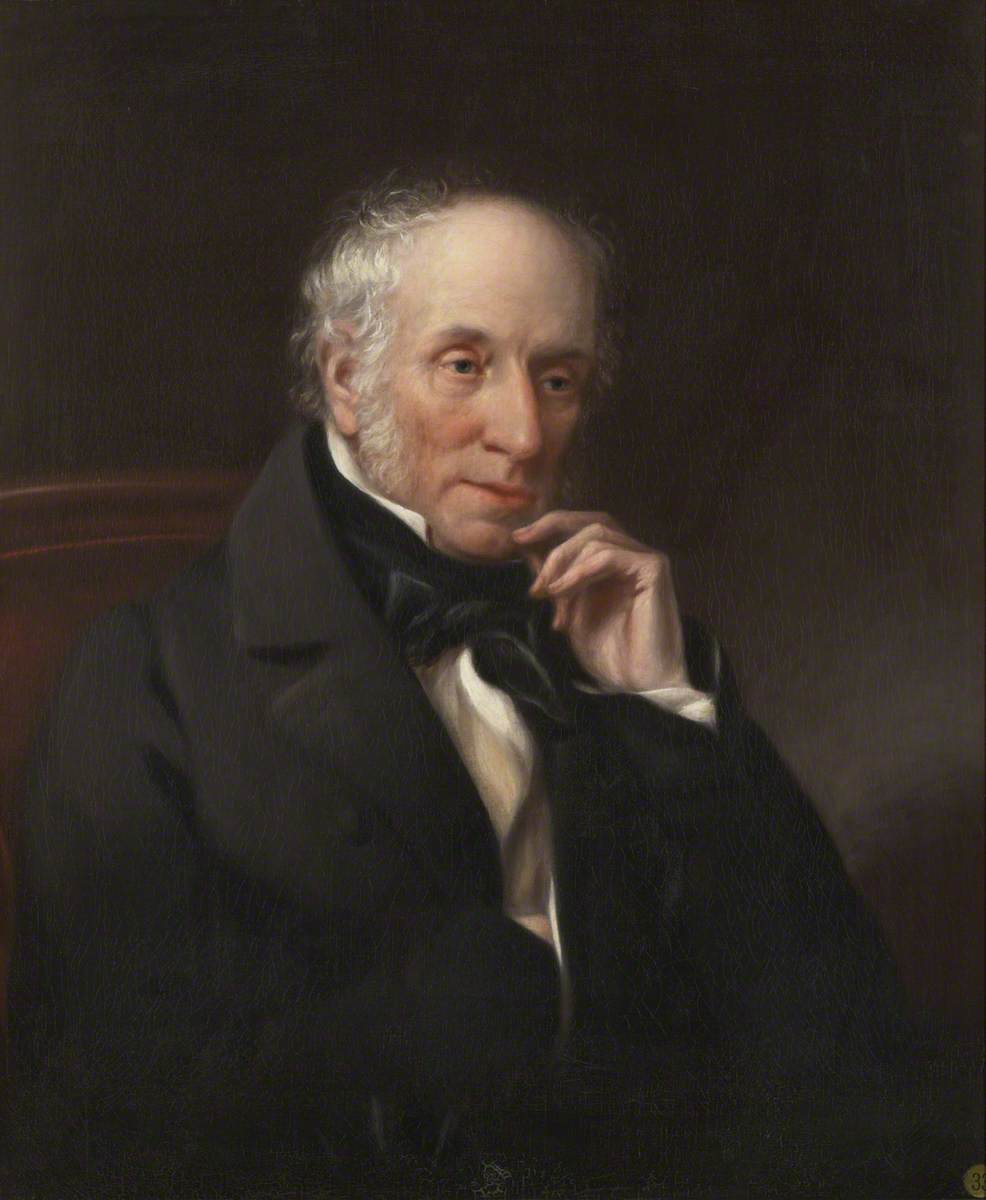"Alice Fell, or Poverty" is a narrative poem written by William Wordsworth, one of the most prominent English Romantic poets. The poem was first published in 1800 as part of the collection "Lyrical Ballads," co-authored by Wordsworth and Samuel Taylor Coleridge.
The poem tells the story of Alice Fell, a young girl who becomes destitute due to poverty. The narrator, possibly Wordsworth himself, recounts the tragic tale of Alice, highlighting the social issues and the impact of poverty on individual lives.
POEM
THE post-boy drove with fierce career,
For threatening clouds the moon had drowned;
When, as we hurried on, my ear
Was smitten with a startling sound.
As if the wind blew many ways,
I heard the sound,—and more and more;
It seemed to follow with the chaise,
And still I heard it as before.
At length I to the boy called out;
He stopped his horses at the word,
But neither cry, nor voice, nor shout,
Nor aught else like it, could be heard.
The boy then smacked his whip, and fast
The horses scampered through the rain;
But, hearing soon upon the blast
The cry, I bade him halt again.
Forthwith alighting on the ground,
"Whence comes," said I, "this piteous moan?"
And there a little Girl I found,
Sitting behind the chaise, alone.
"My cloak!" no other word she spake,
But loud and bitterly she wept,
As if her innocent heart would break;
And down from off her seat she leapt.
"What ails you, child?"—she sobbed "Look here!"
I saw it in the wheel entangled,
A weather-beaten rag as e'er
From any garden scare-crow dangled.
There, twisted between nave and spoke,
It hung, nor could at once be freed;
But our joint pains unloosed the cloak,
A miserable rag indeed!
"And whither are you going, child,
To-night alone these lonesome ways?"
"To Durham," answered she, half wild—
"Then come with me into the chaise."
Insensible to all relief
Sat the poor girl, and forth did send
Sob after sob, as if her grief
Could never, never have an end.
"My child, in Durham do you dwell?"
She checked herself in her distress,
And said, "My name is Alice Fell;
I'm fatherless and motherless.
"And I to Durham, Sir, belong."
Again, as if the thought would choke
Her very heart, her grief grew strong;
And all was for her tattered cloak!
The chaise drove on; our journey's end
Was nigh; and, sitting by my side,
As if she had lost her only friend
She wept, nor would be pacified.
Up to the tavern-door we post;
Of Alice and her grief I told;
And I gave money to the host,
To buy a new cloak for the old.
"And let it be of duffil grey,
As warm a cloak as man can sell!"
Proud creature was she the next day,
The little orphan, Alice Fell!
Summary:
The poem begins with the narrator encountering Alice Fell while walking through the countryside. Alice, once a lively and cheerful girl, now appears downtrodden and destitute. The narrator questions the reason for this change in her demeanour and learns about her difficult circumstances.
Alice explains that her father used to own a thriving sheep farm and lived a comfortable life. However, fate took a cruel turn, and her father's fortunes declined. The family faced financial hardships and eventually lost their property. Now, Alice's father works as a shepherd for another landowner, and their lives have been reduced to poverty and misery.
The narrator expresses sympathy for Alice and the injustice of her situation. He paints a vivid picture of Alice's dire living conditions, describing her humble dwelling with its leaky roof and the meagre resources she possesses. The poem emphasizes the emotional toll poverty takes on individuals and the harsh realities they face.
Despite the hardships she endures, Alice remains strong-willed and resilient. She clings to the hope that things will improve and maintains a sense of dignity even in her impoverished state. The poem praises her resilience and moral character in the face of adversity.
In the end, the narrator reflects on the broader societal implications of poverty and the unequal distribution of wealth. He criticizes the social system that allows such disparities to exist, suggesting that the plight of the poor like Alice should be addressed and alleviated.
Overall, "Alice Fell, or Poverty" is a poignant portrayal of the devastating impact of poverty on individuals, offering a reflection on the social issues prevalent during Wordsworth's time. The poem serves as a call for empathy and social change, urging readers to recognize the hardships faced by the less fortunate members of society.


No comments:
Post a Comment